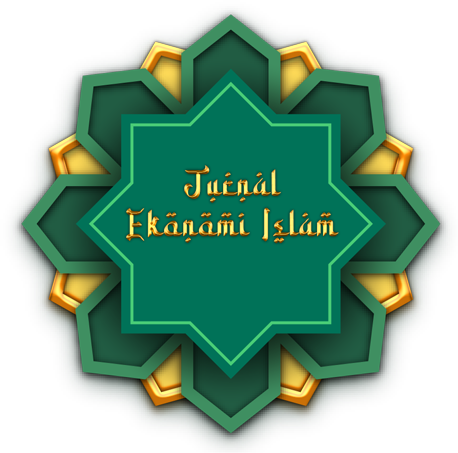Main Article Content
Abstract
Indonesia as a Muslim-majority country desperately needs products that are suitable for Islamic investment products in various financial institutions including capital markets. Likewise, Turkey, a country that was once the center of Islamic power and the most influential in the Islamic world, strongly supports the application of Islamic values, including in the fields of finance and investment, including Islamic investment in the Islamic capital market. The application of Jurisprudence on bond products is needed so that it is farthest from the practice of prohibited practices in Islam. The application of this contract requires analysis and thinking. A comparison of the development of Sukuk in the two Muslim majority countries is very interesting to study. This research is qualitative, namely research to produce a description of a problem in the form of words related to understanding, understanding, and value values. In this qualitative research, the author will explain the differences and similarities of contracts that occur in Sukuk in Indonesia and Turkey and data that occur in the field that relates to concepts in Sukuk contracts in both countries, especially corporate Sukuk. The purpose of this study is to analyze differences in Sukuk practices that incorporate financing through the capital market so that it can be an input for authorities and the government to develop Sukuk markets in Indonesia by looking at the progress of contract agreements practiced in other countries, especially Turkey in this study.
Keywords: ijarah sukuk, mudarabah sukuk, musukakah sukuk, sukuk murabahah, sukuk wakalah, corporate sukuk, sharia capital market
Article Details

This work is licensed under a Creative Commons Attribution-NonCommercial-ShareAlike 4.0 International License.
Authors who publish with this journal agree to the following terms:
Authors retain copyright and grant the journal right of first publication with the work simultaneously licensed under a Creative Commons Attribution License that allows others to share the work with an acknowledgement of the work's authorship and initial publication in this journal.
Authors are able to enter into separate, additional contractual arrangements for the non-exclusive distribution of the journal's published version of the work (e.g., post it to an institutional repository or publish it in a book), with an acknowledgement of its initial publication in this journal.
Authors are permitted and encouraged to post their work online (e.g., in institutional repositories or on their website) prior to and during the submission process, as it can lead to productive exchanges, as well as earlier and greater citation of published work (See The Effect of Open Access).
